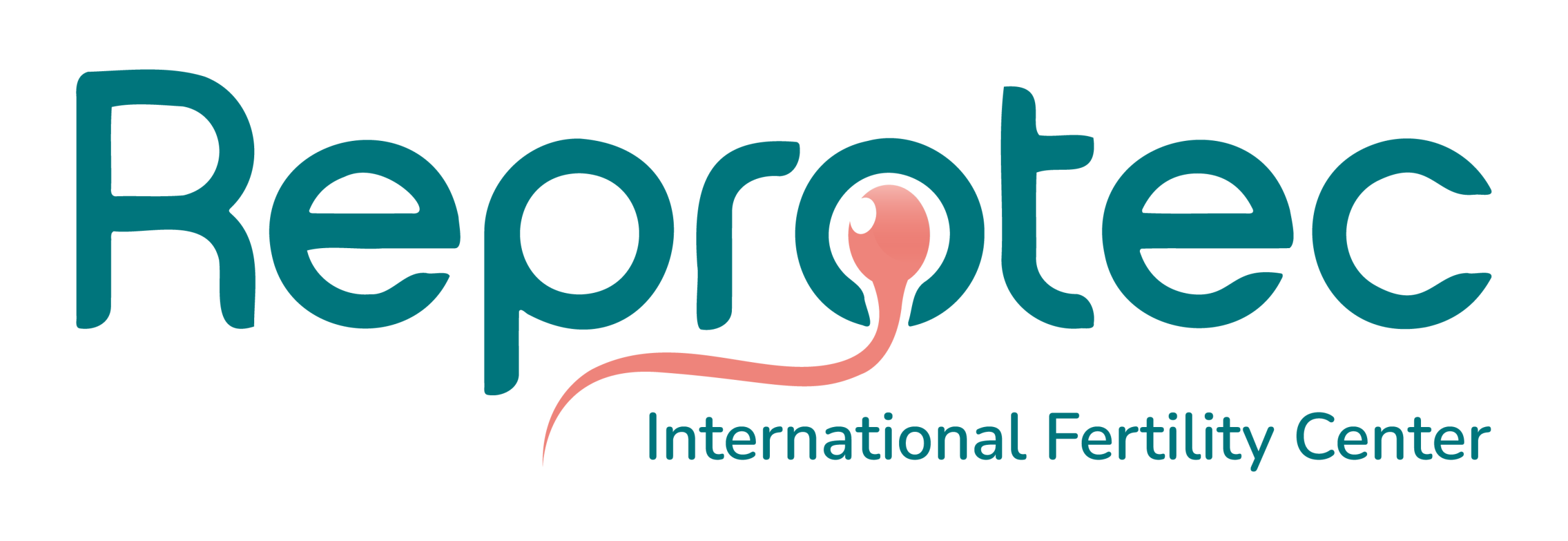According to a report published by the World Health Organization (WHO) in April of this year, many people experience infertility at some point in their lives. Approximately 17.5% of adults (that is, about one in six) face this condition and all that it entails on an emotional, familial, social, and economic level.
Infertility is defined as the inability to achieve pregnancy after trying for more than 12 months for women aged 35 and younger, or after 6 months for women aged 35 and over. And although age is a direct factor in women, only 40% of cases are attributed to female factors, as 40% are attributed to male factors, and the remaining 20% are known as unexplained infertility.
This condition, which affects millions of people worldwide, not only has medical implications but can also have a profound emotional and psychological impact on those who experience it, and who, in most cases, prefer to remain silent.
Unfortunately, a significant lack of information still exists surrounding this topic, preventing people from thinking about their family plans and how to plan them in a timely manner. This occurs within social and cultural environments where this reality is rarely discussed; on the contrary, it remains a taboo that stigmatizes individuals and is far from being addressed collectively.
Regarding population statistics, countries are currently being asked to provide more data on infertility, broken down by age and cause, so that the problem can be quantified, those who need care can be identified, and risks can be minimized.
Remember that to prevent infertility, you must understand it. At Reprotec, we are your guide. If you would like to learn more about the WHO statement, you can find it here:
https://www.who.int/es/news/item/04-04-2023-1-in-6-people-globally-affected-by-infertility


